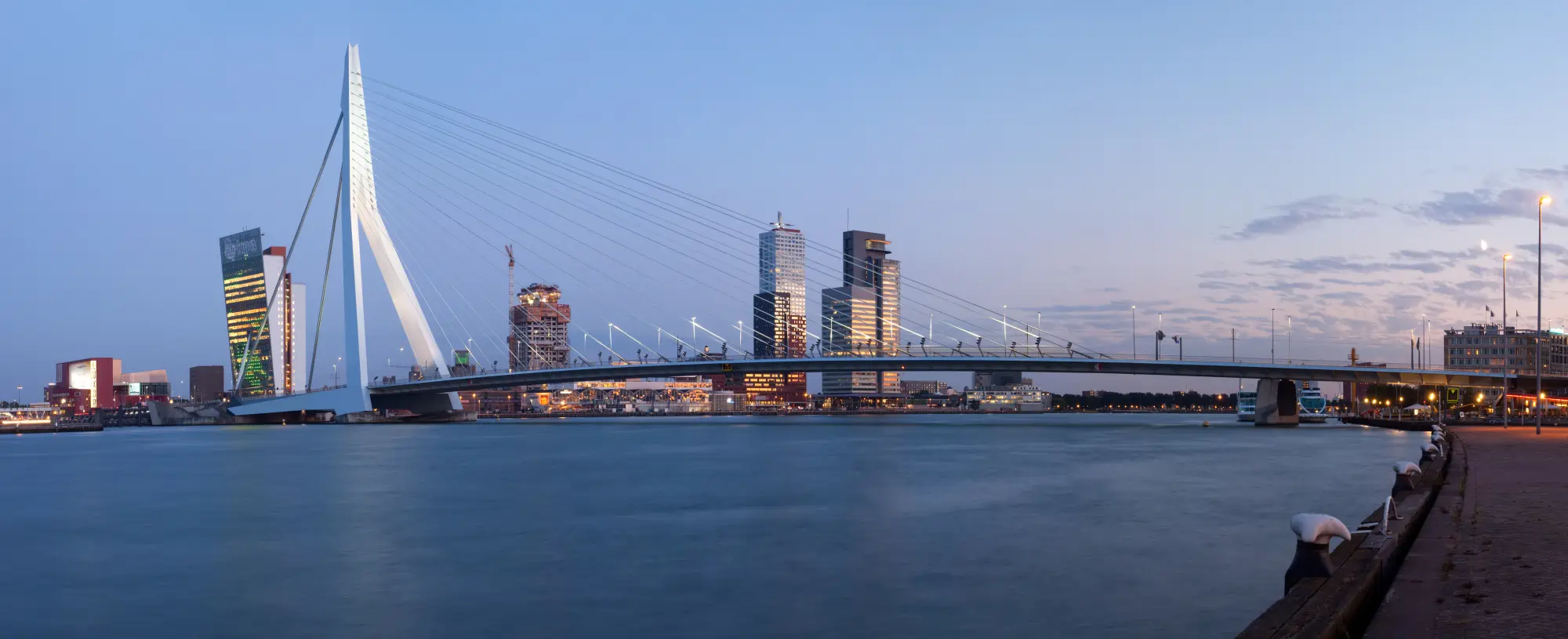CBAM Compliance: Adapt your business to the new European scenario
Receive advice regarding the new Carbon Border Adjustment Mechanism (CBAM) that the European Union will impose on imports of emissions-intensive products.
The road to CBAM 2026
He Carbon Border Adjustment Mechanism (CBAM, for its acronym in English) is an initiative of the European Union designed to establish a fair carbon pricing system between European and non-EU producers. Its main objective is to prevent “carbon leakage”, a phenomenon where companies move their production processes to countries with less stringent environmental regulations, undermining the EU's climate goals. From 2026, companies importing goods into the EU will have to acquire CBAM certificates that reflect the cost of carbon., aligning with the EU Emissions Trading System (ETS) and ensuring that producing carbon-intensive goods outside the EU is not a cheaper option.
From DelPlata Green We provide advice to companies on how to achieve their objectives in carbon offsetting, as well as the certification required to export goods to Europe.
The CBAM will initially apply to carbon-intensive sectors, including:
- Iron and steel
- Aluminum
- Cement
- Fertilizers
- Electricity
- Hydrogen

During the transitional phase, which began on October 1, 2023, and will run until December 31, 2025, importers must report quarterly on direct greenhouse gas emissions from imported products. From 2026, the purchase of CBAM certificates will be required to hedge these emissions, with the price of the certificates calculated based on the weekly average price of EU ETS allocations.
Impact in Latin America
The implementation of the CBAM presents both challenges and opportunities for Latin American exporters:
- ChallengesExporters of carbon-intensive products such as iron, steel, aluminum, and fertilizers could face higher costs when entering the EU market.
- OpportunitiesThe CBAM incentivizes producers to adopt more sustainable practices and low-carbon technologies. Companies that invest in decarbonizing their production processes could gain a competitive advantage in the European market.
Preparation for the CBAM
To comply with CBAM regulations and remain competitive in the EU market, companies must:
- Measure and report emissionsIt's essential to quantify product carbon emissions and share this information with EU customers. This not only meets regulatory requirements but also provides valuable information for identifying emission reduction opportunities.
- Implement low-emission technologiesAdopting cleaner and more efficient technologies can reduce the carbon footprint of products, thereby lowering the costs associated with CBAM.
- Participate in carbon offset mechanismsSome Latin American countries are implementing carbon taxes or emissions trading systems. Participating in these mechanisms can mitigate the financial impact of CBAM and demonstrate a commitment to sustainable practices.
The CBAM represents a significant change in the regulation of international trade., aimed at promoting cleaner and more equitable industrial practices. We propose to adapt to these new regulations together with DelPlata Green, an opportunity to improve its processes and contribute to a more sustainable future.
CONTACT
Write to us for advice
DelPlata Green LLC
Coral Gables, FL 33134, United States.
